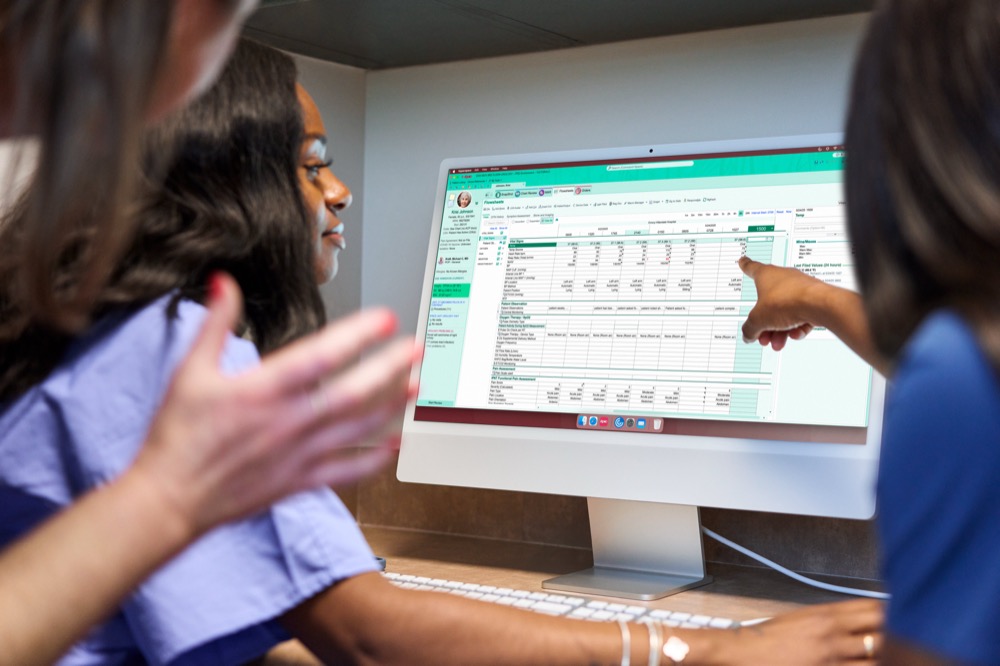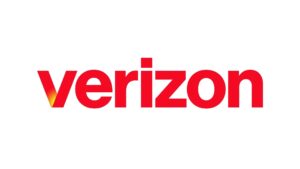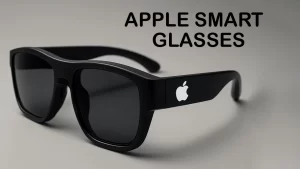Is Emory Healthcare going to be Apple’s digital AI health pioneer?

As the AI gold rush continues I suspect that domain-based, expert AI will become a critical deciding factor for some deployments. One of these is health, and that’s a sector I think Apple has some positive stories to share concerning its work in AI-driven digital healthcare.
In part, I think this because there seems to be a great deal of industry interest in what it will announce on health at WWDC. I also think this because Apple is picking up a lot of use in the sector – and is beginning to talk about it.
Emory Healthcare has gone all-in on Apple
That’s why I think it matters that Apple today shared news that Emory Healthcare has introduced Mac, iPhone, iPad, and Apple Watch across Emory Hillandale Hospital. This deployment has been made possible by use of Epic’s health apps and means Apple’s hardware is now in use across the hospital.
“We’re not just changing technology, we’re changing a culture,” says Ravi I. Thadhani, MD, MPH, executive vice president for health affairs of Emory University and executive director of Emory’s Woodruff Health Sciences Center.
“Emory Healthcare is redefining both the patient and clinician experiences with a more efficient and intuitive technology-driven process.”
How the hospital is using Apple
The hospital says that use of Apple’s products has unlocked new degrees of mobility and efficiency across the hospital, which has itself led to more positive patient experiences.
They say that use of Apple’s integrated ecosystem along with healthcare apps from Epic is enabling a good reduction in the administrative workload.
“By integrating Epic on Mac across Emory Hillandale Hospital, we are showing the world how best to embrace technology to improve workflow for clinicians so they can continue to put patients first,” says Dr. Thadhani.
What this means is Macs across the hospital, replacing the previous systems.
Nurses have iMacs and Mac mini’s
Doctors flash around the wards clutching MacBook Airs along with their stethoscope.
Epic’s system makes patient data available on iPads outside each room.
Nurses use iPhones and doctors also have an Apple Watch, so critical alerts or lab results can be shared with the care team incredibly fast, enabling them to intervene more swiftly. Each patient bed is equipped with an iPad so patients can have easy access to their medical records, view their care plans, order meals, and communicate with their care teams, allowing them to stay engaged with their health.
That matters.
Happier teams, better results
It also matters that after an initial proof of concept scheme the healthcare institution found thatcare team satisfaction surged, and nurse retention has remained strong. Nurses and clinicians liked the user experience improvements like faster login time with Apple devices, ease of documentation, and less eyestrain with the high-resolution displays.
Additional documentation efficiency research, led by Emory’s Dr. Narayan, found that combining Apple technology with Epic and Abridge ambient documentation saves him an average of two hours a day compared to legacy systems.
Looking ahead, Emory Healthcare and Epic are exploring new ways to innovate patient care and support with Apple devices. Clinicians are also testing new technology like Apple Vision Pro in their surgical planning and research, paving the way for the next phase of care.
What you can do once you have the data
“The technology we’re utilizing today at Emory Hillandale has improved the workflows for our nursing staff as a whole,” says Edna Brisco, MSN, RN, vice president of patient care services and chief nursing officer at Emory Hillandale Hospital.
“Mac lets the nurses move through their day more swiftly, while iPad brings important health information to our patients’ fingertips. It’s a game changer for how we provide care.”
The fact that Apple’s platforms are also inherently more secure is also a huge advantage to healthcare providers, who deal with incredibly confidential information about people every day. It’s no secret that cyberattacks against healthcare providers are up on a global basis, so adding Apple security to the stack helps solve a different set of maladies.
But what’s really interesting about this report is the digitization of health information, which makes it more and more possible for trusted systems to use this data to deliver better results, which is what I imagine Apple intends to do.
You can follow me on social media! Join me on BlueSky, LinkedIn, and Mastodon.


